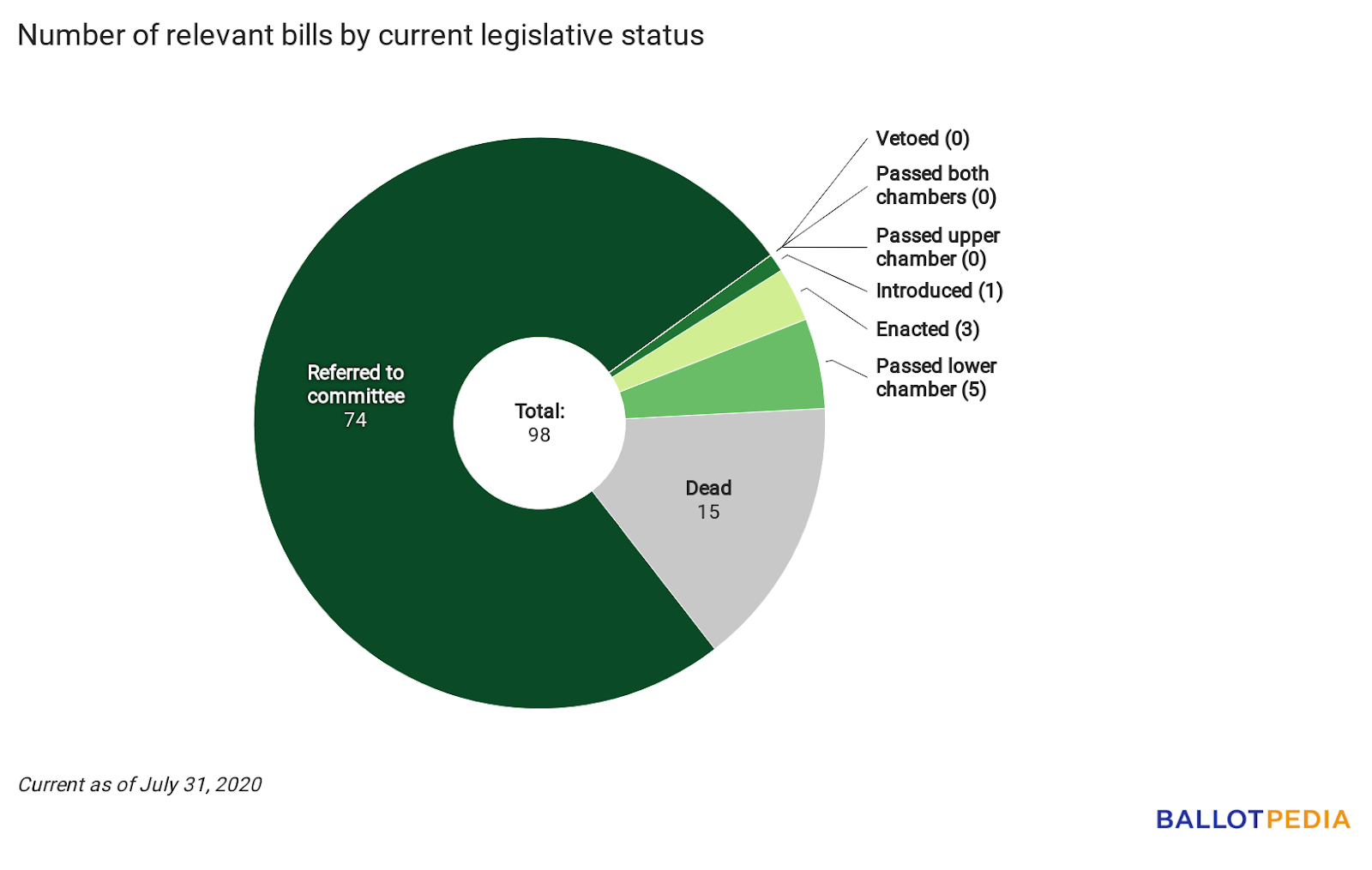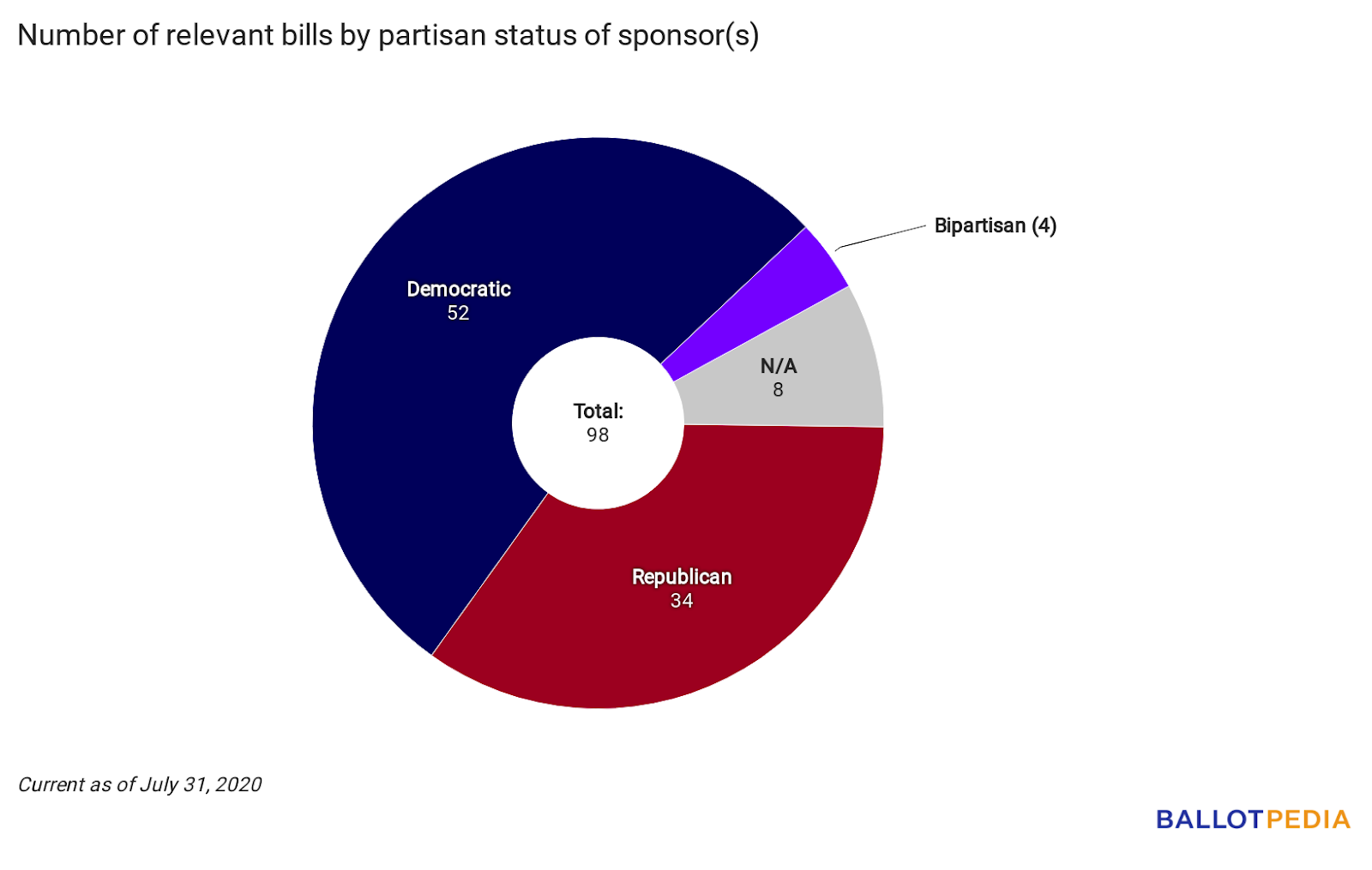Penn. public-sector employee sues AFSCME over membership resignation policies
On July 29, a public-sector employee in Pennsylvania filed a federal suit against the American Federation of State, County, and Municipal Employees (AFSCME) Council 13, challenging the constitutionality of the union’s membership and dues-deduction revocation policies.
Who are the parties to the suit?
The plaintiff is Ralph R. Rhodes, an employee of the state Department of Human Services. Attorneys from the Fairness Center are representing Rhodes. The Fairness Center describes itself as “a nonprofit, public interest law firm that provides free legal services to those hurt by public-sector union officials.”
The defendants are AFSCME Council 13 and its executive director, David R. Fillman. AFSCME Council 13 is one of Pennsylvania’s larger public-sector labor unions. According to its most recent annual report filed with the U.S. Department of Labor, AFSCME Council 13 had 52,883 dues-paying members and 582 fee payers (who are not considered full members), as of Sept. 27, 2019.
What is at issue?
AFSCME Council 13 negotiated a collective bargaining agreement with the state, effective July 1, 2016, through June 30, 2019. Resignations from the union were restricted to the 15-day period preceding the expiration of the agreement. Union policies also limit revocations of dues deduction authorizations to either the 15-day period preceding the annual anniversary date of the authorization or the 15-day period preceding the expiration of the collective bargaining agreement.
Rhodes submitted his resignation letter to the union, both by mail (postmarked June 25, 2019) and in person (to his union representative). Rhodes alleges “defendants continued to take and/or accept purported union dues deducted from plaintiff’s wages even after they knew that seizure of purported union dues from plaintiff’s wages was against plaintiff’s will and without his consent.” Rhodes argues these actions amounted to “compelled association and speech,” in violation of his First and Fourteenth Amendment rights. He is seeking damages in the amount of all dues deducted from his wages between the date of his resignation and the date on which the deductions stopped (June 12, 2020).
What are the reactions?
Nathan McGrath, president of the Fairness Center, said, “Mr. Rhodes followed all the right steps to resign, and the union refused to honor his resignation. In addition to ignoring his resignation, AFSCME added insult to injury by continuing to take union dues from Mr. Rhodes long after he resigned.”
AFSCME Council 13 officials have not commented publicly on the lawsuit.
What comes next?
The suit was filed in the United States District Court for the Middle District of Pennsylvania. It has been assigned to Judge Matthew Brann, a Barack Obama (D) appointee. The case name and number are Rhodes v. American Federation of State County and Municipal Employees Council 13, 4:20-cv-01313.
What we’re reading
- National Legal and Policy Center, “Janus, Two Years On: More Necessary Than Ever,” July 30, 2020
- The Orange County Register, “Opinion: The Janus decision has been less consequently than many anticipated,” July 27, 2020
- The Hill, “AFSCME launches ad calling for $1 trillion in relief aid for local governments,” July 26, 2020
- Education Next, “Teachers Unions in the Post-Janus World,” Summer 2020 (vol. 2, no. 3)
The big picture
Number of relevant bills by state
We are currently tracking 98 pieces of legislation dealing with public-sector employee union policy. On the map below, a darker shade of green indicates a greater number of relevant bills. Click here for a complete list of all the bills we’re tracking.

Number of relevant bills by current legislative status

Number of relevant bills by partisan status of sponsor(s)

Recent legislative actions
- California AB2850: This bill would specify that the Public Employment Relations Board has jurisdiction to enforce statutory provisions governing employer-employee relations within the San Francisco Bay Area Rapid Transit District.
- Democratic sponsorship.
- Amended and re-referred to Assembly Labor and Public Employment and Retirement committees July 28.
- Ohio HB733: This bill would make employees of the General Assembly subject to the state’s Public Employees’ Collective Bargaining Law.
- Democratic sponsorship.
- Introduced July 27.
Thank you for reading! Let us know what you think! Reply to this email with any feedback or recommendations.

